Horse shows are one of the best forms of competition in that they offer controlled evaluation and reward for excellent performance. Youngsters that participate gain great rewards which are truly life skill building for them. We recommend that you support horse show activities for your children.
Horse Shows of course just one of the many ways people interact with their horses. The best show organizers provide challenging courses that everyone can enjoy. These shows are a big ego thing. If you win you feel pretty positive about yourself and your horse, it is great for riders.
1. Horse Shows for Point Score Accumulation
Riders in some of our local shows must accumulate a total of 35 points to point out of their class division and move on to the next level. Doing so would qualify them to compete in Regionals with the possibility of moving on to Zones and then Nationals.
The programmed events at horse shows include barrels, stick horse barrels, dummy roping, poles, goat ribbon pull, goat tying and keyhole. Age groups are 6 and under (parents may help), 7 to 9, 10 to 13 and 14 to 18.
2. Horse Show Eventing is Great Fun for Riders and Spectators Alike
Eventing is a different type of horse show, and an equestrian triathalon in which dressage, cross-country jumping, and show-jumping are combined to make up the competition. It began as a test of cavalry horses, to measure whether they were able to perform several different types of riding.
Events take place 8am-5pm with several opportunities to see horse jumping and great vendors. Stop out and watch the jumping, go shopping and have some food!
Competitors must perform on a course that contains simulations of natural obstacles such as stone walls and wooden fences, and they are judged on their jumping style. In the jumper division, horses and riders are tested in their ability to jump fences cleanly and quickly. Competition plays a role but the students' enthusiasm and team spirit are the major factors.
Competitive riders constantly strive to upgrade their skills and risk uncertainties of competition to grow as riders and as persons. Anyone interested in learning to ride a horse for pleasure, therapy, and/or competition should understand that riding well is the result of mutual confidence and effort on the parts of the rider, horse, and coach/instructor.
3. Childrens Horse Shows
Horse shows add a level of complexity and stress to riding and what is usually a joy for young children. Horse shows are an athletic event and your horse is the athlete.
Horse shows are not necessarily always best for all children due to the excitement and stress levels involved. But mostly they are a very good experience for very young riders, so make sure they are ready before pushing them too hard to start.
Teach your child that success for you and your horse starts at home with practice, lessons, and setting personal goals for the year.
Horse shows are simply events to show off what you and your horse know how to do well. Always practice at home exactly what you will be doing at the show, you should never enter the show ring and be surprised by anything. Most importantly though, your horse should never be surprised by any of your aids.

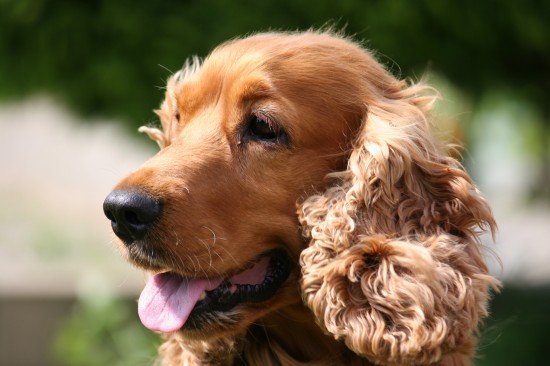 Tools Needed To Keep A Cocker Spaniels Coat Looking Good
Tools Needed To K
Tools Needed To Keep A Cocker Spaniels Coat Looking Good
Tools Needed To K
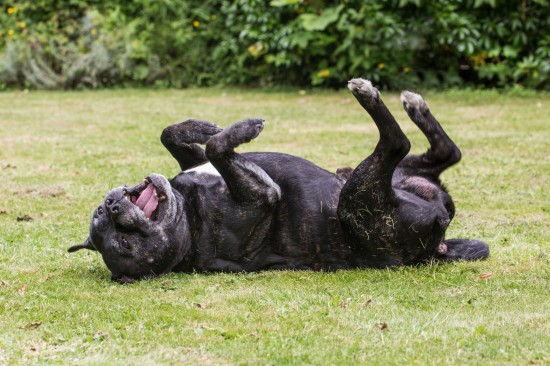 Do You Know Why Your Dog Does Certain Weird Things?
Do You Know Why Y
Do You Know Why Your Dog Does Certain Weird Things?
Do You Know Why Y
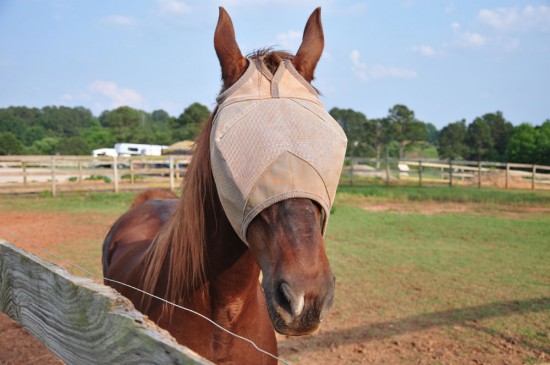 Protecting Your Horse From Flies
Protecting Your H
Protecting Your Horse From Flies
Protecting Your H
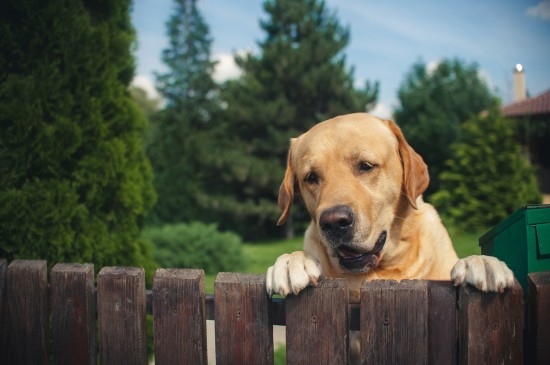 Fencing Options For Homes With Dogs
Fencing Options F
Fencing Options For Homes With Dogs
Fencing Options F
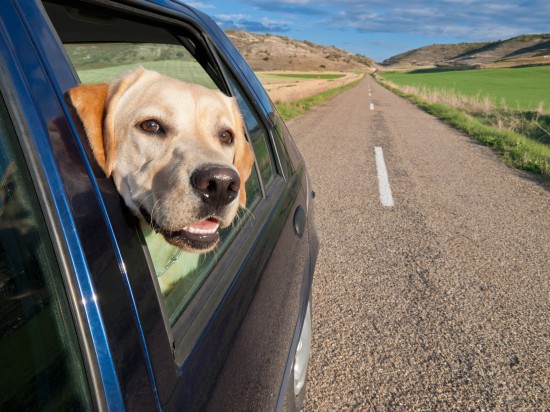 Dogs And Car Trips - Why Do They Love Sticking Their Nose Out Of The Window?
Dogs And Car Trip
Dogs And Car Trips - Why Do They Love Sticking Their Nose Out Of The Window?
Dogs And Car Trip